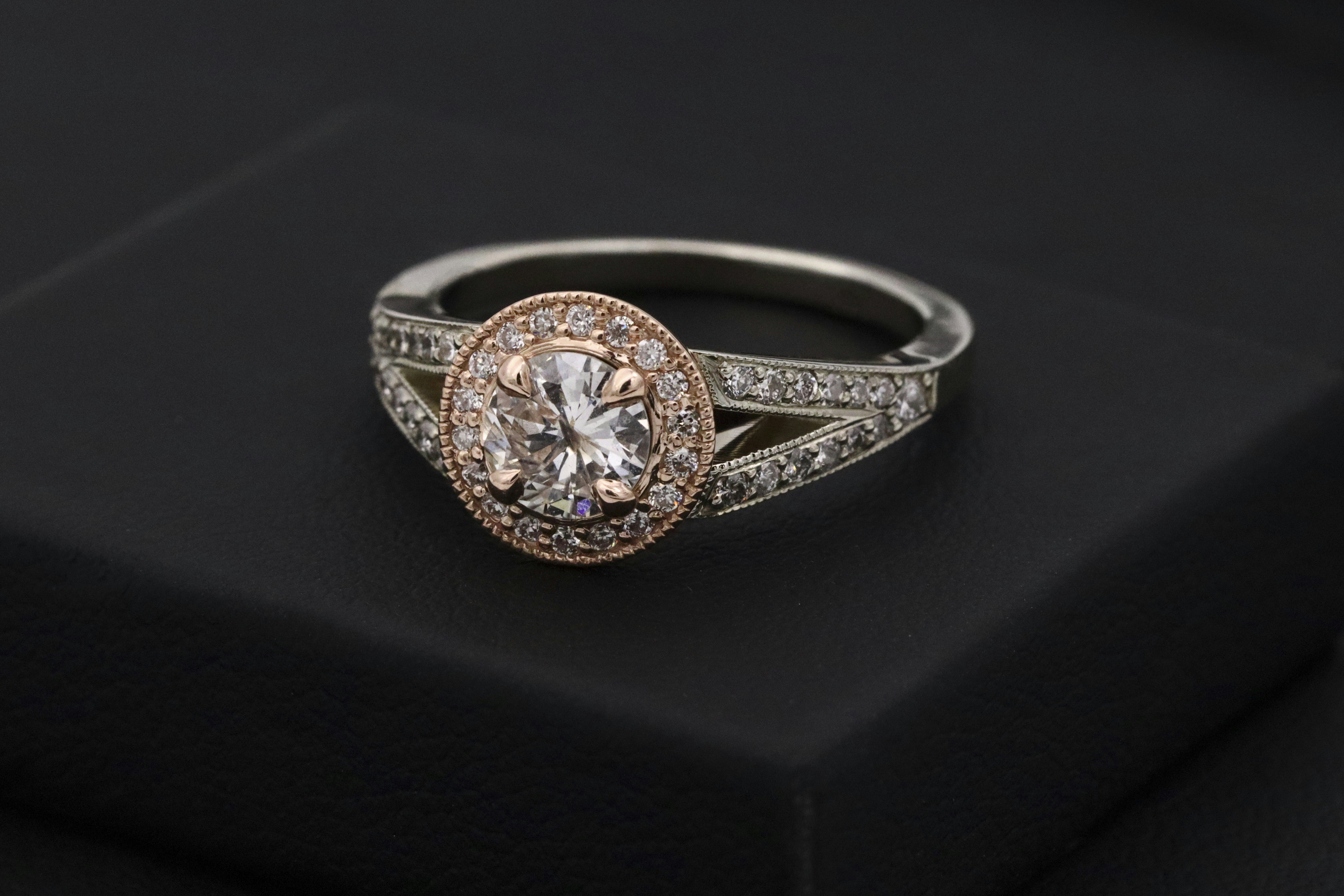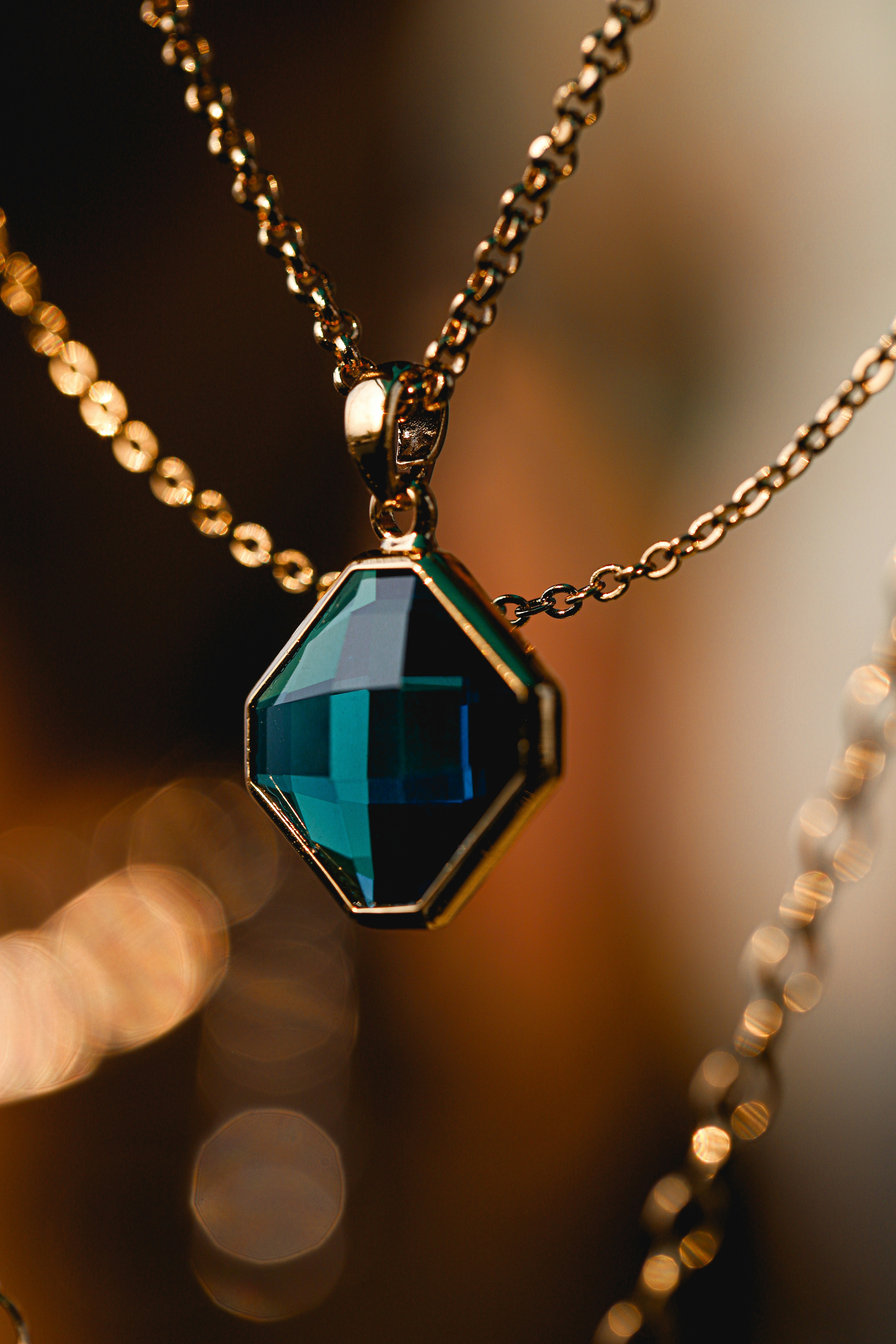Sustainable Jewelry Brands: Lab-Grown Diamonds vs Ethical Mining Options
Sustainable Jewelry Brands: Lab-Grown Diamonds vs Ethical Mining Options
Introduction
As consumers increasingly prioritize sustainability, the jewelry industry faces transformative changes. This article examines two paths to ethical gem sourcing: lab-grown diamonds and ethically mined natural stones, while spotlighting brands revolutionizing sustainable luxury.
The Rise of Lab-Grown Diamonds
Science Meets Sustainability
Lab-created diamonds – chemically identical to mined stones – now constitute 15% of the global diamond market. Brands like Brilliant Earth and Clean Origin use Chemical Vapor Deposition (CVD) technology to grow gems with: - 85% lower water usage than mining - 70% reduced carbon emissions - Zero land displacement
Environmental Tradeoffs
While lab-grown gems avoid mining impacts, their energy-intensive production raises questions. A 2022 MIT study found that:
Renewable-powered labs: 3kg CO2 per carat
Coal-powered labs: 160kg CO2 per carat
Brands like Diamond Foundry now use 100% renewable energy in production.
Ethical Mining Initiatives
Beyond Conflict-Free
Modern ethical mining goes beyond avoiding "blood diamonds." Certified programs like: - Fairmined Gold Standard - Responsible Jewellery Council certification Ensure: ✔️ Living wages for miners ✔️ Mercury-free processing ✔️ Ecosystem restoration
Spotlight: Regenerative Mining
Pioneers like Tiffany & Co. invest in regenerative practices at their Botswana mines: - Creating artificial wetlands - Replanting native vegetation - Funding community healthcare
Comparative Analysis
| Factor | Lab-Grown Diamonds | Ethical Mined Diamonds |
|---|---|---|
| Price (1ct) | $800-$2,000 | $3,000-$6,000 |
| Resale Value | 20%-30% original price | 40%-60% original price |
| Production Time | 2-4 weeks | 1-3 billion years |
| Certification | IGI/GIA grading | Kimberley Process + |
Top Sustainable Brands
Vrai (Lab-Grown)
- Zero-emission foundry
- B Corp certified
- Shop Collection
Cred Jewellery (Ethical Mining)
- 100% Fairmined gold
- Transparent pricing
- Browse Designs
Bario Neal (Hybrid Approach)
- Offers both options
- Climate-neutral shipping
- Custom Designs
Consumer Guidance
5 Questions to Ask:
- "Can you share your supply chain map?"
- "What percentage of energy is renewable in production?"
- "How are local communities compensated?"
- "Do you participate in land reclamation?"
- "What third-party certifications do you hold?"
Future Trends
- Carbon-Negative Diamonds: Companies like Aether Diamonds now create gems from atmospheric CO2
- Blockchain Tracing: De Beers' Tracr technology provides immutable origin records
- Cradle-to-Cradle Design: Brands like Pippa Small recycle 100% of workshop waste
Conclusion
Whether choosing lab-grown or ethically mined gems, consumers now have unprecedented power to drive positive change. By supporting verified sustainable brands and asking critical questions, jewelry lovers can adorn themselves with clear consciences.
For personalized recommendations, consult the Gemological Institute of America's sustainability guide.

